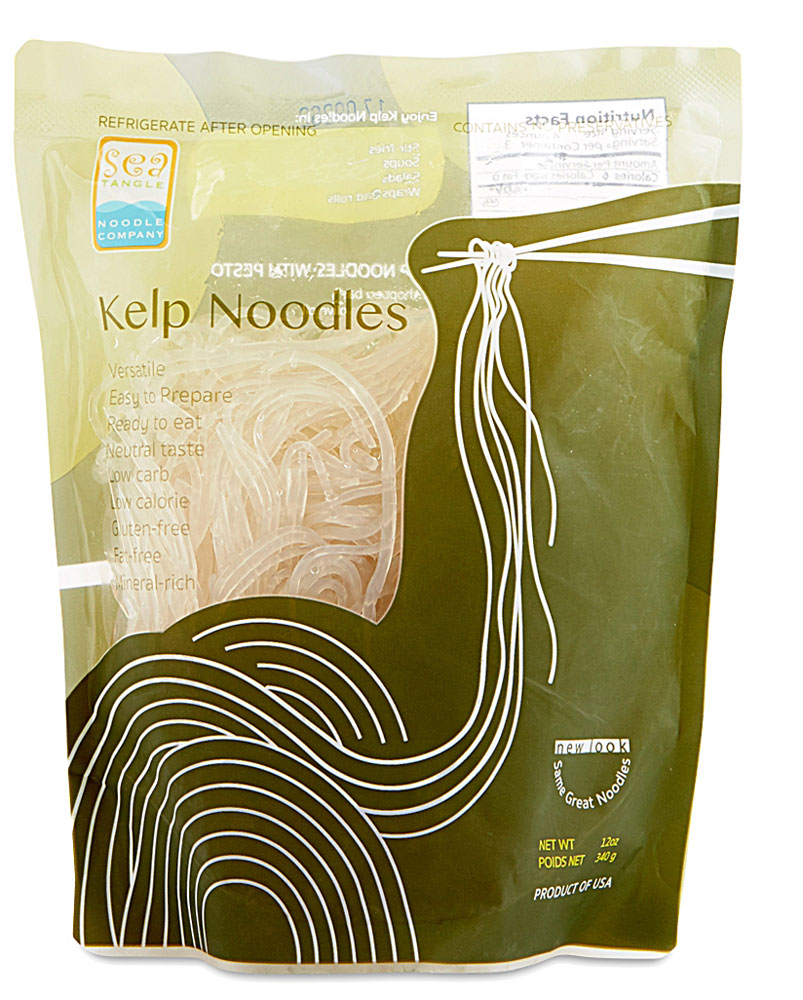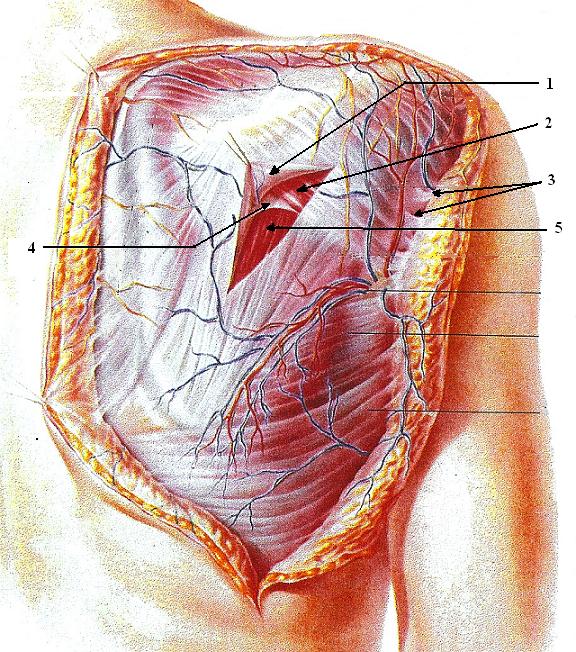 What does seaweed say when it’s stuck at the bottom of the sea?… “Kelp! Kelp!” J A little hump-day humor for you. But really do you know the many health benefits of Seaweed?? Many sea creatures feast on seaweed because it is chalked full of nutrients and minerals; in fact, some contain 10-20 times more vitamins and minerals than the vegetables we purchase at the grocery store.
What does seaweed say when it’s stuck at the bottom of the sea?… “Kelp! Kelp!” J A little hump-day humor for you. But really do you know the many health benefits of Seaweed?? Many sea creatures feast on seaweed because it is chalked full of nutrients and minerals; in fact, some contain 10-20 times more vitamins and minerals than the vegetables we purchase at the grocery store.Seaweed is considered a dark, leafy green vegetable (like kale or spinach) and contains calcium, iron, magnesium, and zinc in addition to vitamins A, B, C, E, and K. Seaweed varieties are a good source of plant-based protein and fiber as well as an excellent source for iodine. A few to highlight include Vitamin K, which is a fat-soluble vitamin that sends a chemical signal (when you get a cut for example) to your platelets that accumulate to form a blood clot. Certain types of seaweed, for example Kelp, contain about 26.4 micrograms of Vitamin K which is 29% of the daily recommendation for women (which is 90 micrograms/ day in case you are wondering).
Calcium is very important in keeping our bones strong and also helps with muscle contraction, contributes to nervous system functioning and help cells communicate within the body. Seaweed (kelp, wakame) contain around 60 milligrams of calcium which is helpful especially if you do not consume dairy products and can easily be added into your meal plan.
As previously mentioned, seaweed is very high in Iodine which is very important in protecting the thyroid. The thyroid plays an important role in our metabolism, releasing thyroxin, helping our body’s metabolize and aid in our central nervous systems’ development and function. Iodine is necessary and can heal some thyroid issues but consuming too much is also problematic and dangerous. It is recommended to eat 2-3 servings of seaweed a week to reap the benefits but also stay in safe limits.
There are several types of seaweed and the most popular types include:
You can find these varieties at the grocery store but will have better luck at a whole foods market or an ethnic foods store. I recommend buying a couple different kinds and tasting them before you go crazy and purchase every brand you find. They all have different textures and tastes but once you find one that is palatable and to your liking, there are loads of great recipes out there to try! I really enjoy seaweed salad and found this recipe that is delicious!
As previously mentioned, seaweed is very high in Iodine which is very important in protecting the thyroid. The thyroid plays an important role in our metabolism, releasing thyroxin, helping our body’s metabolize and aid in our central nervous systems’ development and function. Iodine is necessary and can heal some thyroid issues but consuming too much is also problematic and dangerous. It is recommended to eat 2-3 servings of seaweed a week to reap the benefits but also stay in safe limits.
There are several types of seaweed and the most popular types include:
- Kelp- High in calcium, iron, iodine and vitamins A and B.
- Arame- High in calcium, iodine and has a salty taste that makes it perfect for vegetable dishes.
- Wakame- High in calcium, iron, iodine, potassium and phosphorus.
- Agar- High in iodine and is commonly used for making jello like deserts because of the jelly like quality.
- Hiziki- Very high in calcium, it actually has 10x the calcium than a glass of milk and has a very strong flavor.
You can find these varieties at the grocery store but will have better luck at a whole foods market or an ethnic foods store. I recommend buying a couple different kinds and tasting them before you go crazy and purchase every brand you find. They all have different textures and tastes but once you find one that is palatable and to your liking, there are loads of great recipes out there to try! I really enjoy seaweed salad and found this recipe that is delicious!















 Have you ever been gung-ho about starting something and just to find your motivation begin to dwindle a few weeks in? Maybe it is a New Year’s resolution or you start the quarter strong but when finals roll around you dread going to class. It could be a new eating or workout plan that you were more than tickled to start but find yourself side tracked with other things. This is normal and happens to all of us at some point. I often get asked how I stay motivated to stick to my training and nutrition plan and what works for one person may be completely different from what works for you. However, there are things that I practice and truly believe keep me on track, even on those days that I simply do not want to do it. It is not always easy but it is definitely worth it!
Have you ever been gung-ho about starting something and just to find your motivation begin to dwindle a few weeks in? Maybe it is a New Year’s resolution or you start the quarter strong but when finals roll around you dread going to class. It could be a new eating or workout plan that you were more than tickled to start but find yourself side tracked with other things. This is normal and happens to all of us at some point. I often get asked how I stay motivated to stick to my training and nutrition plan and what works for one person may be completely different from what works for you. However, there are things that I practice and truly believe keep me on track, even on those days that I simply do not want to do it. It is not always easy but it is definitely worth it!




